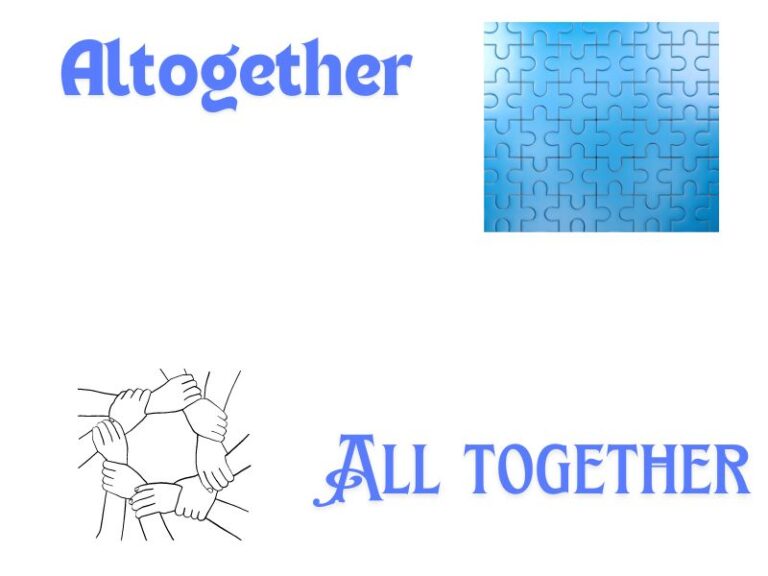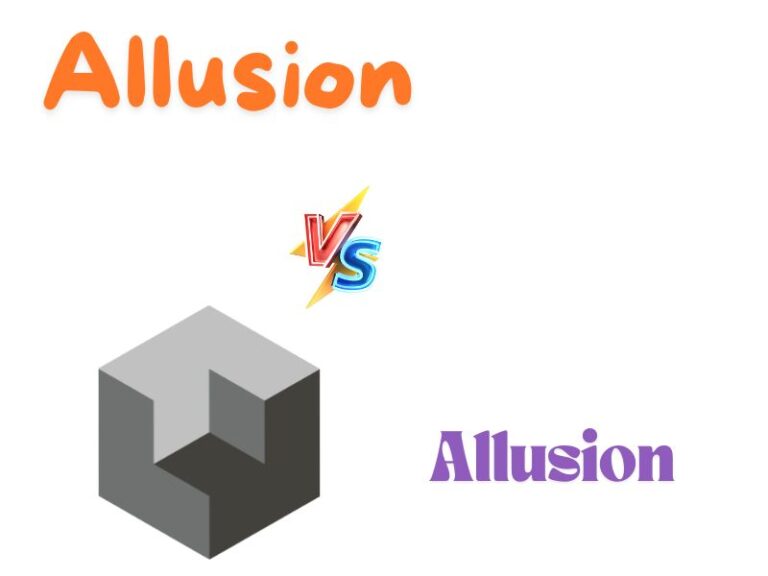Alright vs All Right: Which is Correct?
The use of “alright” versus “all right” is a common point of confusion for many people, including native English speakers. Some people believe that “alright” is simply a slang or informal way of spelling “all right,” while others believe that the two terms are interchangeable. However, this is not the case. There are specific rules…




